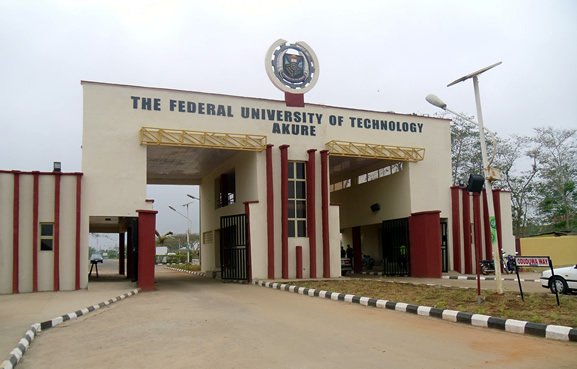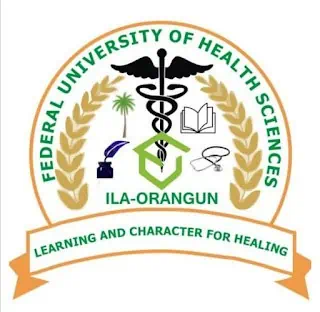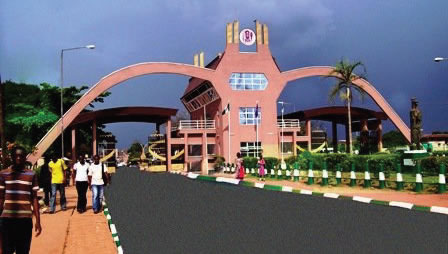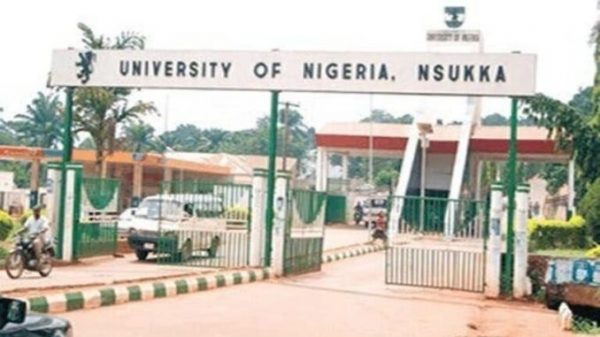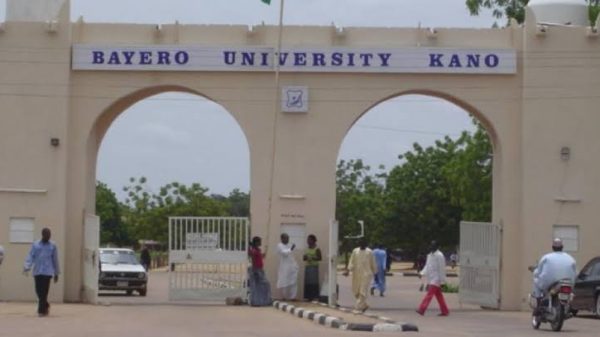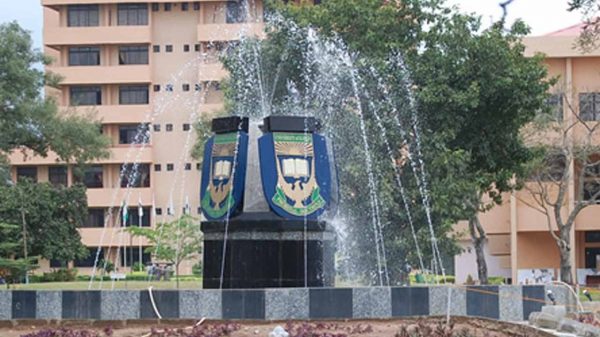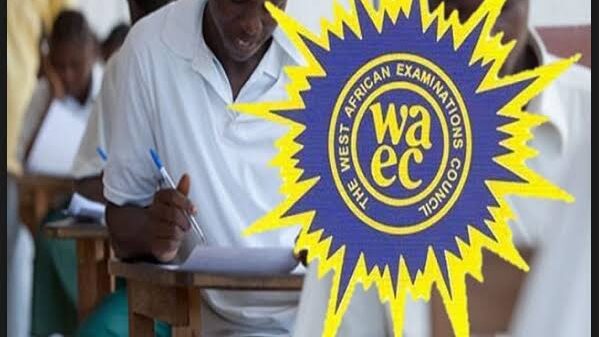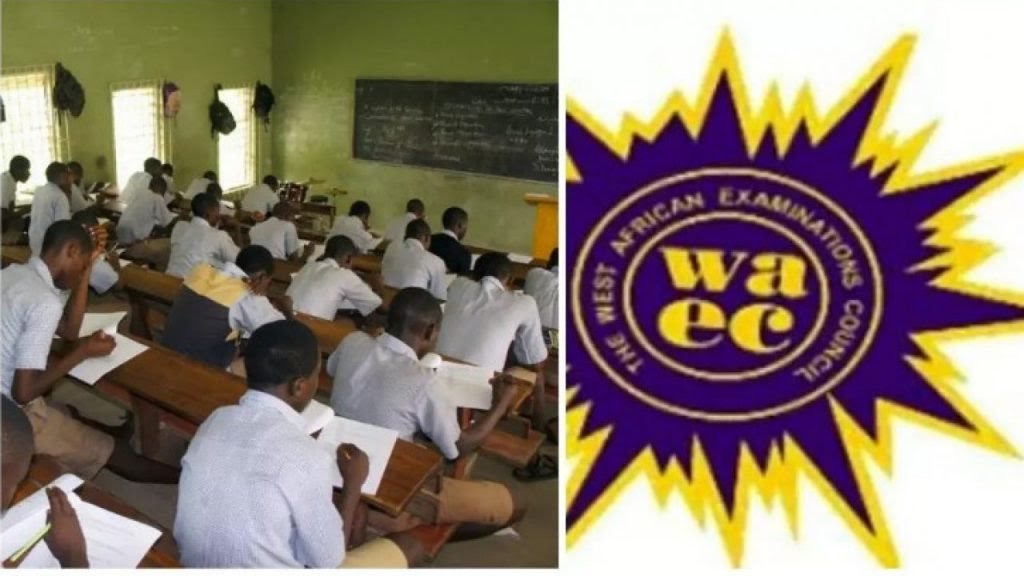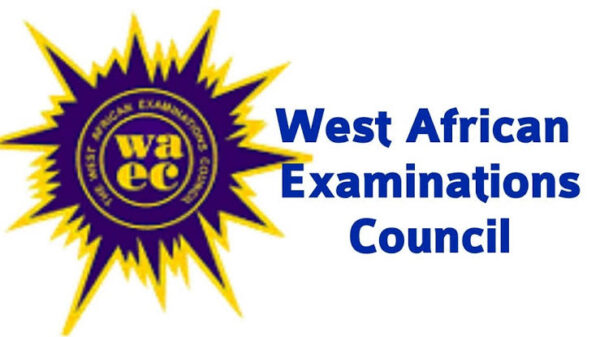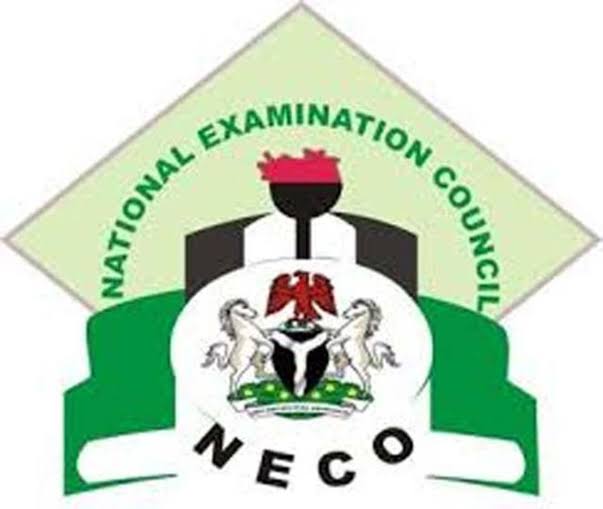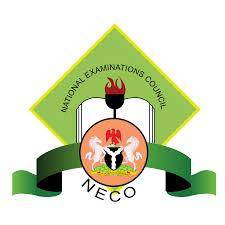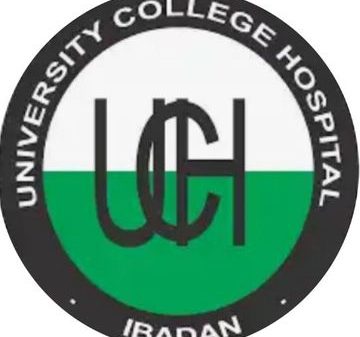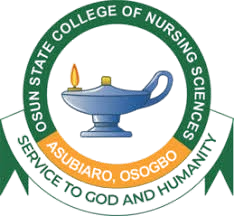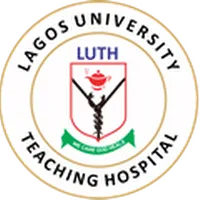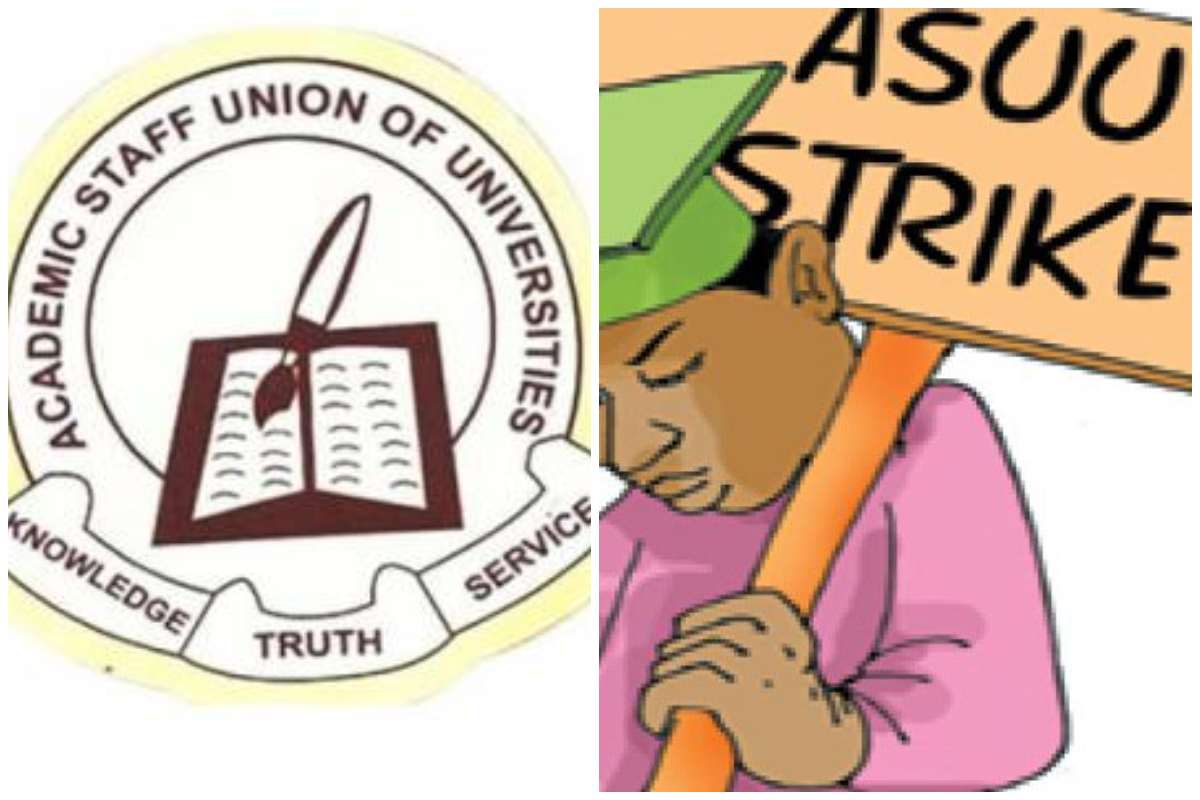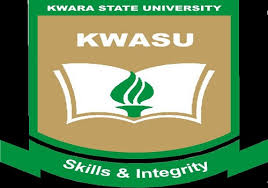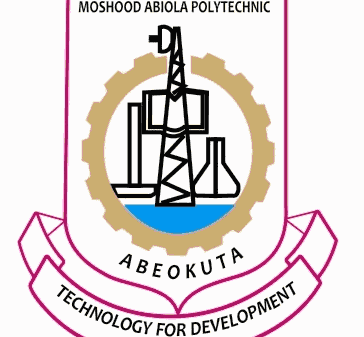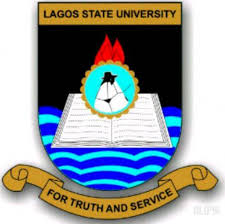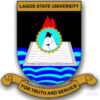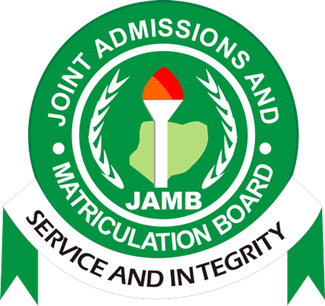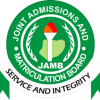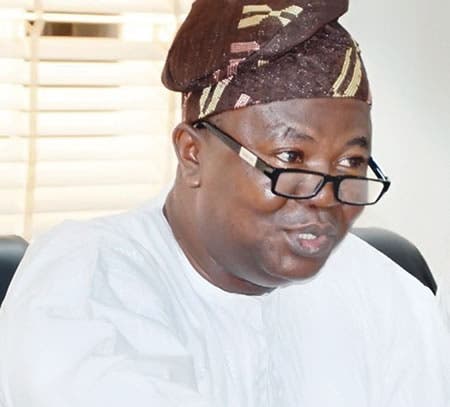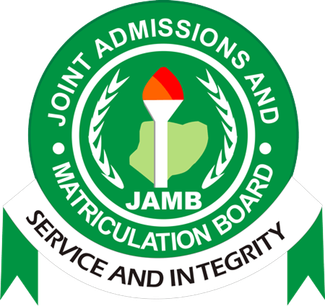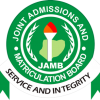The Registrar of the National Examinations Council, NECO, Professor Dantani Ibrahim Wushishi, has advocated the abolition of the policy of using Credits in English Language and Mathematics as the main criterion in admitting students into tertiary institutions.
Speaking at the 2021 Biennial National Conference of the Association of Model Islamic Schools in Minna, the Niger State Capital, the Registrar also called for the establishment of an Examination Offences Tribunal to fast track the trial of offenders and to remove the bottlenecks being experienced in the prosecution of offenders.
In a presentation titled “The Consequences of Examination Malpractice: Closing the Gaps and Incentives for National Growth”, Professor Wushishi said; “the Federal Government should relax the emphasis on certification and paper qualification for everything in the country; screening of results and certificates of students, workers and public officers should be taken very seriously.”
He noted that the policies, programmes, processes, products and politics of the education sector needed to be overhauled, adding that adequate facilities and infrastructures must be provided in public schools for effective teaching and learning to take place.
The Registrar revealed that Bauchi, Borno, Kano and Kebbi States featured prominently in examination malpractices in the last five years, blaming parents, teachers and the school saw system for the rise in the act.
He said all hands must be on deck to weed the menace from Nigeria’s educational system.
Also speaking, the Dean, School of Sciences and Technology Education, Federal University of Technology, Minna, Professor Amos Isiaka Gambari, said teachers must be encouraged to adopt modern technologies into their instructional process.
“Government and Educational stakeholders should provide adequate digital literary training for teachers to enable them to integrate technology for effective instructional delivery in this 21st century,” he said.
Delivering a paper titled: “Re-branding Islamic Model Schools for Comprehensive Development of the Child”, Professor Abiodun Musa Aibinu of the Federal University of Technology, Minna, lamented that many graduates of Nigerian Educational institutions could not put into practice what they had studied because the emphasis had always been on certificate rather than practical skills that would help them contribute to national development.
He described the current educational system in the country as dysfunctional, lacking cognant focus on child development and national building.
About Author


